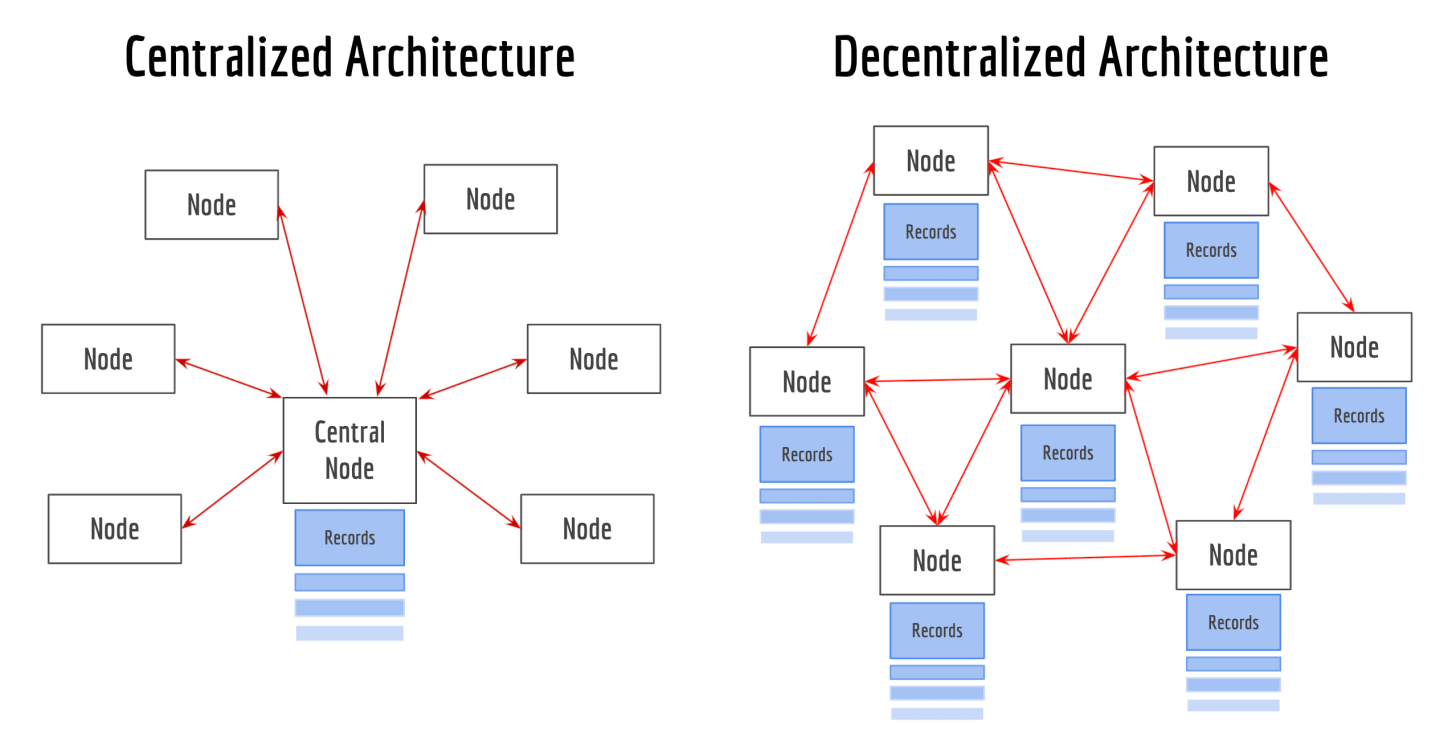Editor's Note: The Trouble with Ethereum
Experimenting with a new format for paid subscribers. Let me know your thoughts!
I’m experimenting with a new format for paid subscribers where I offer a few side observations and color commentary as a companion piece to some of my public posts.
Let me know what you think!
Editor’s Note: The Trouble with Ethereum (Part I)
Hey Friends -
Apologies for the long window between my last post and this one! Partially that was due to traveling to my brother’s wedding this past weekend and partially it was because this post was a doozy to try and get out. A post about "the Flippening" been a long time request of several readers - hopefully it will have been worth the wait! Explaining Ethereum in ELI5 language is like trying to nail jello to a wall.
I think the whole idea of "the Flippening" as a way of talking about ETH is weirdly parasocial. It feels insecure to me. But it’s definitely a enough of a meme to be worth discussing in the newsletter.
The whole piece is a bit on the academic side and in a perfect world I would have loved to fit in a bit more humor. I also go back and forth on the "Axiom" affectation, I know it’s a bit stilted but it’s really useful to be able to distill lessons about the space into digestible mantras that you can reference back to. It lets you simplify the arguments by making them modular and easier to remember.
There are a lot of dimensions of 'centralization' in Ethereum that I didn’t get into (like the premine and how staking will reinforce that early investor class, or Vitalik as representing key-person risk, or the speed of Ethereum client updates). I tried to focus on the principle of what Ethereum was trying to accomplish rather than getting too distracted by the specific failures of execution - but I do actually think those are all legitimate cause for concern if you consider ETH money.
I originally intended to address both the "Ethereum as Money" and "Ethereum as World Computer" in the same post but Gmail limits how long emails can be before they start getting side-eye from the algorithm, so I had to split it into two. I think that’s fine, though because there is a great deal of complexity to the smart contract platform argument so it probably deserves the space to breathe on its own. I suspect that post will actually be the most valuable since the "own the web3.0" argument is a bit more fashionable at the moment.
I hope this post is useful for people who are debating the role of Ethereum in their own portfolio, or to share with people who could do with a bit of healthy skepticism about the way Ethereum is often pitched. At a minimum it was a useful exercise for me to fully articulate my hesitations about Ethereum as an investment.
Thanks for reading! :)
KF



